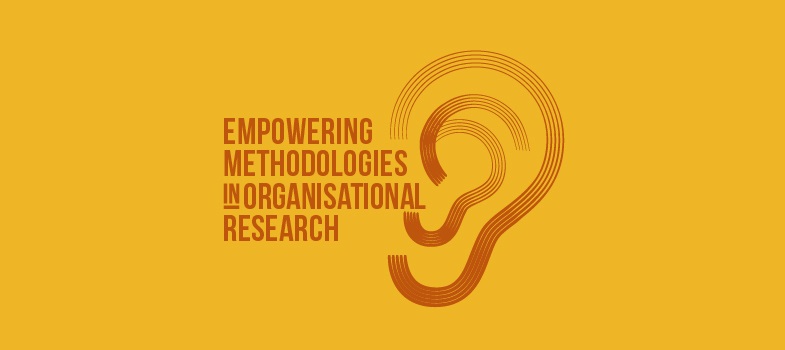3 Postcolonialism and decolonising management research
Introduction
As introduced in the previous section, one approach to empowering research is to decolonise it from the Western origins of management and organisational thought and practice. In order to do so, it is important to understand that the logic of research as a Western construct is founded on
This section uses postcolonial theory to critically examine the effects of colonialism on contemporary thought and practices. We will explore how
Postcolonial theory broadly examines a range of social, cultural, political, ethical and philosophical outcomes of the colonisation of the global south by Western nation states and its contemporary consequences (Jack et al, 2011). The past violence of colonialism in the global south remain an ‘open wound’ that is not able to heal because its discourses continue to marginalise and disavow non-Western ways of knowing (Charkrabarty, 2002).
Originating in literary studies, postcolonial theory focuses particularly on those discourses to draw out and problematise issues of language, culture, difference and representation (Jack et al, 2011). Notably, Edward Said in Orientalism: Western Conceptions of the Orient (1978) shows through exhaustive analysis of multiple colonial discursive devices how the language of ‘the West’ (the Occident) and ‘the non-West’ (the Orient) were formed, and how they inform contemporary thinking and practices (Jack et al., 2011). Said (1978) shows how those colonial discourses produced the idea of the Orient and ‘the Oriental’ as the Other, which determines how those Others (colonised subjects) are still positioned by this discourse.
However, Homi Bhabha (1994) shows that colonial binary of the Occident and the Orient can be blurred through creating hybrid spaces.
Whilst hybridity can be a traumatic space, in which mimicry involves an enactment by the colonised subject to become more like the coloniser, it can also be source of empowerment through contesting the perpetuation of the colonial imaginary (Bhabha, 1994). This is a fine and deeply embodied balancing act. For example, Kothiyal et al. (2018) show how contemporary mimicry of Western academic ideals is enacted in Indian business schools to produce hybrid spaces where epistemological, theoretical, and methodological diversity are embraced by scholars seeking to contest universalist notions of management thought and the globalisation of the business school.

